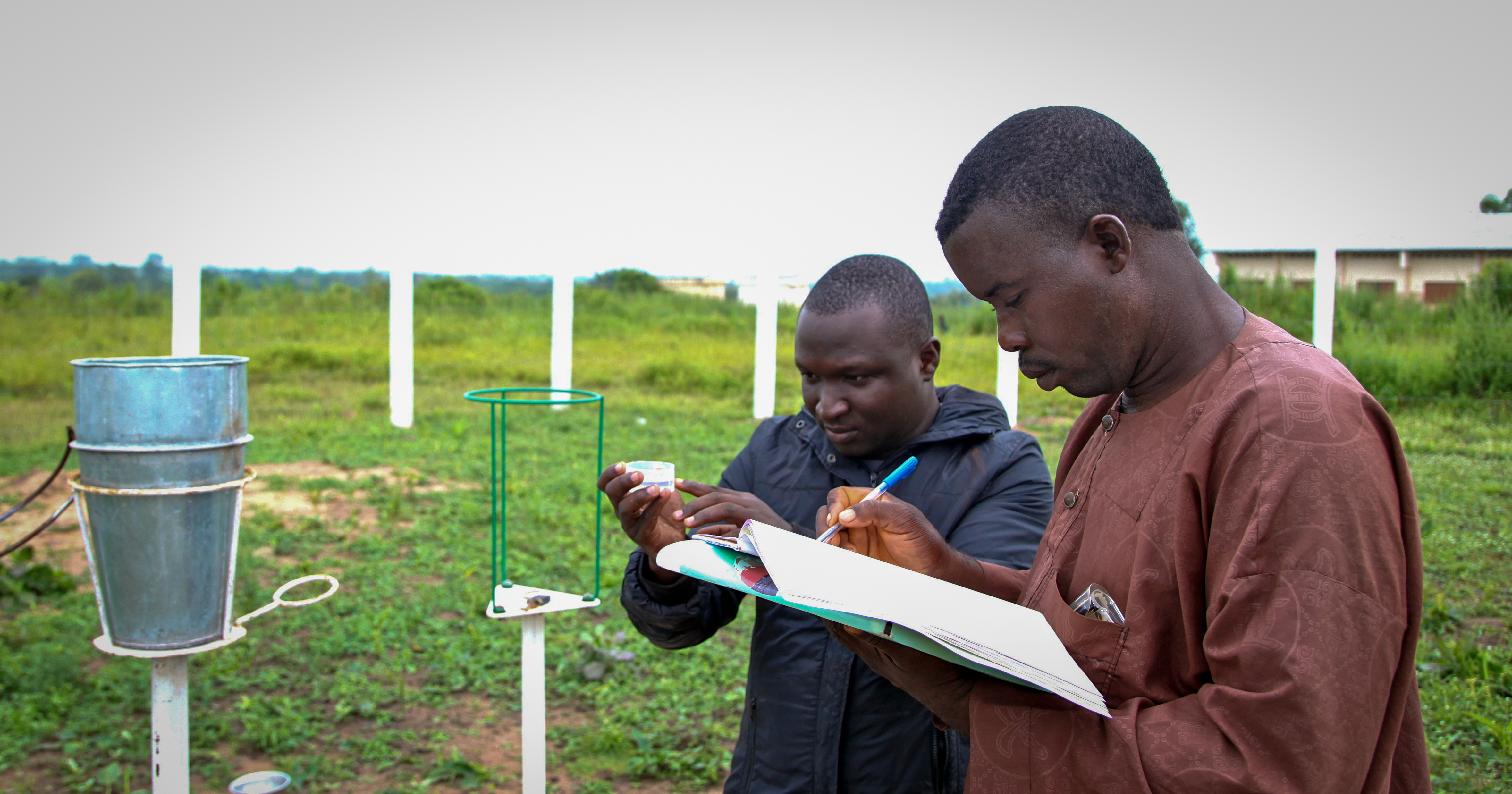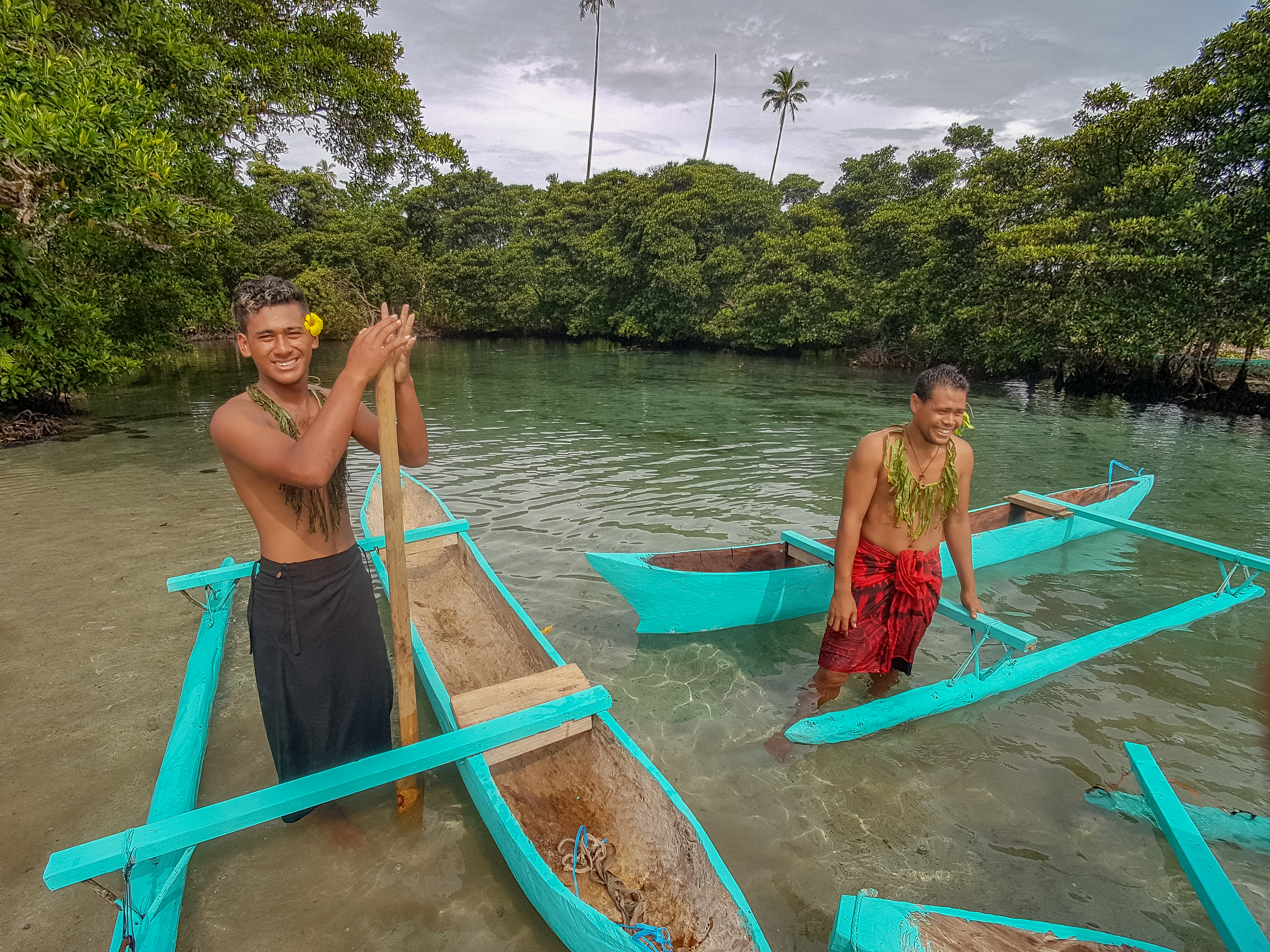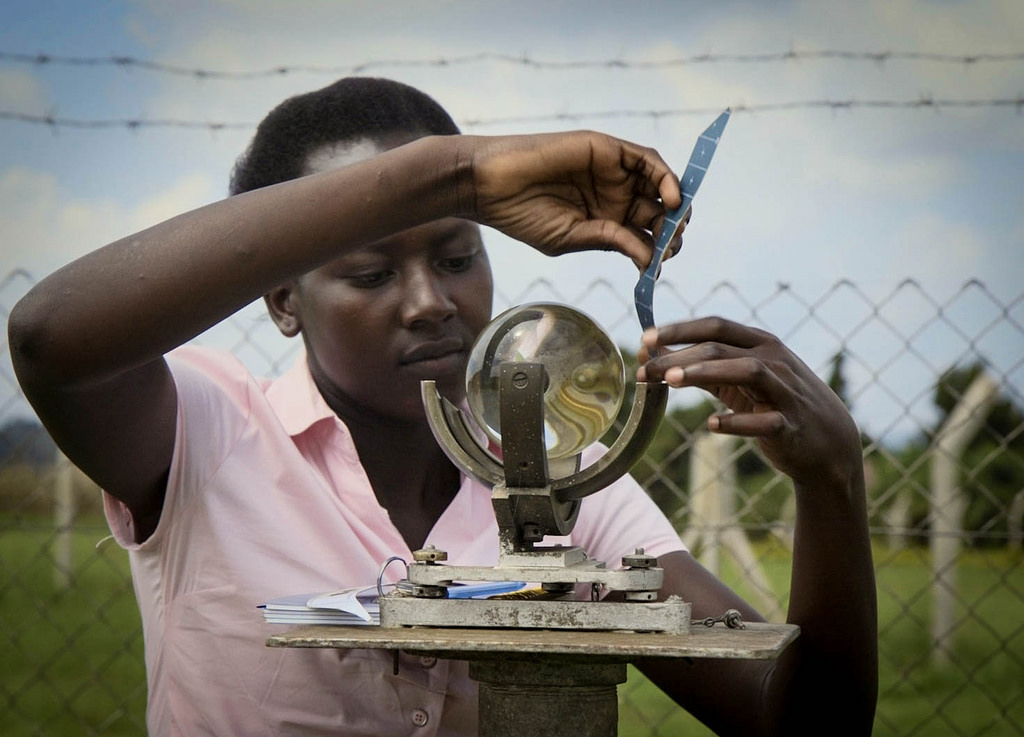
El Taller Regional de la OMM sobre “Climpact: apoyo a la acción climática local a través de índices climáticos” es un curso de corta duración organizado por la Sección de Servicios Climáticos de la Organización en colaboración con la Oficina Regional de la OMM para las Américas y el Representante de la OMM para América del Norte, América Central y el Caribe, y con el amable apoyo del Centro Regional de Formación de la OMM para el Perú. El curso tendrá lugar en Lima (Perú).
El curso presencial está organizado para estudiar cómo generar información climática sectorial pertinente para los sectores sensibles al clima mediante el uso del paquete informático de Climpact. Este paquete informático de código abierto, creado y mantenido por la Universidad de Nueva Gales del Sur, bajo los auspicios de las comisiones técnicas de la OMM y otros asociados, se utiliza para calcular índices climáticos a partir de datos diarios de precipitación y temperatura con el fin de determinar mejor los cambios en los extremos climáticos detectados a partir de los datos diarios, así como la variabilidad del clima y las tendencias climáticas. Los índices de Climpact también pueden obtenerse a partir de otras fuentes distintas de los datos instrumentales (datos de teledetección, reanálisis o modelos) y también pueden calcularse para proyecciones futuras.
El objetivo del curso es responder a las necesidades de formación de los países hispanohablantes de las Regiones III y IV de la OMM sobre el tema de los índices climáticos específicos por sector y su papel en los servicios climáticos. El curso de formación permitirá que los especialistas y el personal de los Servicios Hidrometeorológicos Nacionales (SMHN) que se ocupan de los datos climáticos conozcan a fondo los índices climáticos y detecten los cambios en los extremos climáticos relativos a la variabilidad y las tendencias del clima.

Regional Training Workshop on Climate Science Information for Climate Action - Jakarta, Indonesia, 19 –23 June 2023
Building on the successes and lessons learned from the first phase of the expert services agreement on Enhancing the Climate Science Basis of the Climate Rationale of GCF Funded Activities (2018-2021), the Green Climate Fund (GCF) and World Meteorological Organization (WMO) have entered a follow-on collaboration on climate science for climate action. The aim is to further strengthen the capacity of stakeholders to access, synthesize, and incorporate relevant climate science information into climate action policies, plans and investments – including projects funded by the GCF and other financing sources, National Adaptation Plans (NAPs), Nationally Determined Contributions (NDCs) and other vehicles for climate action.
The face-to-face regional workshop will take place from 19-23 June 2023 in Jakarta (Indonesia) and will cover the two following training areas:
Training area 1 - General overview of the WMO-GCF climate science information concept, methods, applications, and available resources
This training area introduces the key concepts, methods, and applications of climate science information. It supports the learner in understanding which climate information is needed for specific actions and sectoral applications, to assist in selecting the best available information and tools for specific needs.
Training area 2 – Climate science information interpretation and writing skills for GCF Readiness Proposals
This training area will develop skills to interpret, formulate and effectively articulate climate science analyses for the preparation of bankable project proposals.
The workshop will be attended by five countries in the region: Bangladesh, Indonesia, Laos, Myanmar and Timor Leste. Up to 3 delegates from each country, representing respectively the Nationally Designated Authority (NDA) to GCF, the National Meteorological and Hydrological Service (NMHSs) and a climate-sensitive sector, will be invited to attend the workshop. In addition, GCF Accredited Entities and Delivery Partners, a wide range of partner organizations, from international (e.g. GCF, UNFCCC, IPCC, UN Agencies, academia, etc.) to the national level, with experience in climate data and services provision and the development of GCF-funded activities will be invited to attend. Relevant institutions such as the Swedish Meteorological and Hydrological Institute (SMHI) - which hosts the Climate Information Platform – and the University of New South Wales (UNSW) are expected to scientifically contribute to the delivery of the workshop.
Regional Workshop on Climate Science Information for Climate Action, Johannesburg, South Africa, 12-16 September 2022


